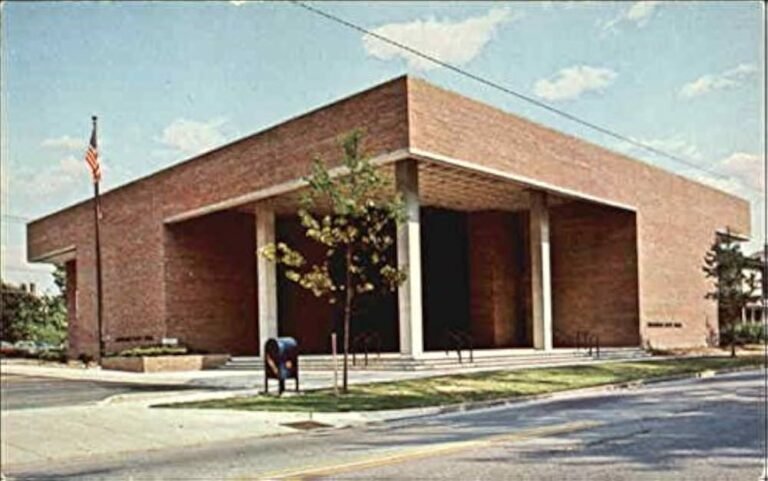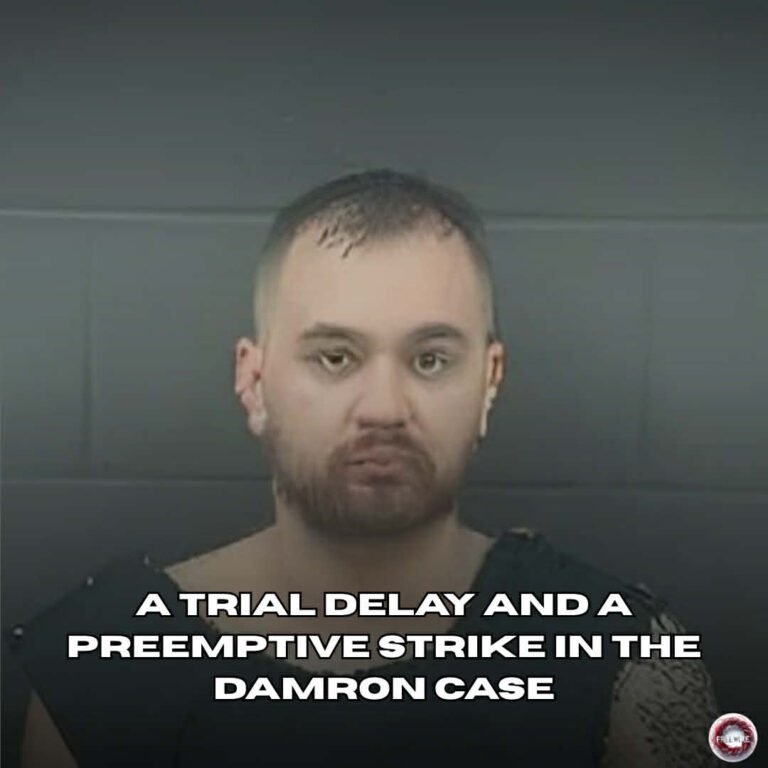by Logan Andrew | FreeWire Magazine — Your News, Your Voice

Week at a glance
The killing of conservative firebrand Charlie Kirk at a Utah university event on Sept. 11 dominated headlines. While authorities hunted and then captured a suspect, U.S. politics kept roiling: the Supreme Court weighed in on Trump’s authority to fire regulators and conduct immigration raids, polls showed Americans bristling at a presidency that feels more like an imperial project, Congress passed a defense bill packed with social-policy riders, and a federal judge ruled mass federal layoffs illegal. The Fed braced for a showdown over its independence, and protests in Washington continued as National Guard troops patrolled the capital.
1. Political violence: Charlie Kirk’s murder and its fallout
Conservative activist Charlie Kirk, a prominent figure in Trump-aligned media, was shot and killed during a question-and-answer session at a Utah campus. The attack—one of about 150 politically motivated incidents in the first half of 2025—sparked a nationwide manhunt. By Sept. 13, police had arrested Tyler Robinson, 22, after a family member tipped them off. The killing has deepened fears of a vicious cycle of retribution and inspired far-right activists to threaten those who mocked or criticized Kirk. At least 15 people lost jobs or were suspended for comments about Kirk’s death, and allies warned critics they could face doxxing, firing or even deportation. Communications scholars warned that attempts to police speech in the wake of violence echo historical efforts by political elites to suppress dissent.
2. Courts & executive power
FTC purge fight: The Supreme Court issued a temporary stay allowing Trump to remove Democratic Federal Trade Commissioner Rebecca Slaughter, teeing up a major test of agency independence.
Immigration raids green-lit: The Court also lifted a judge’s order that had barred agents from using race or language in Southern California immigration raids, prompting Governor Gavin Newsom to denounce a “parade of racial terror.”
Mass firing ruling: A federal judge found the administration unlawfully ordered the firing of roughly 25,000 probationary federal workers, but said recent Supreme Court signals prevented him from reinstating them; he instead ordered agencies to correct personnel records and stop following the directive.
Deportations blocked: Another judge extended a block on deporting Guatemalan minors, calling out the Justice Department for falsely claiming parents wanted their children returned.
Tariff case fast-tracked: On Sept. 9, the Supreme Court agreed to hear an appeal over Trump’s sweeping tariffs, scheduling arguments for November and maintaining the duties pending resolution.
3. Polls show backlash against power grabs
A Reuters/Ipsos poll found only 32% of Americans favored deploying troops to U.S. cities; just 16% wanted the president controlling interest rates or forcing companies to locate factories at home. Even among Republicans, support for these measures was muted. Separately, only 24% of respondents—including 5% of Democrats—believe the administration’s scaled-back vaccine recommendations are rooted in science; nearly half worry that children won’t get necessary shots.
4. Congress & the “War” rebrand
Defense bill passes: The House approved a roughly $900 billion defense bill with a 3.8% troop pay raise and procurement reforms, but Democrats decried amendments banning coverage of gender-affirming care and other social policies.
War Directorate: The National Security Council’s Defense Directorate was renamed the “Directorate of War,” further extending Trump’s rebranding of defense agencies.
5. Federal Reserve in limbo
The Fed enters its Sept. 16–17 meeting amid chaos: Trump’s effort to fire Governor Lisa Cook is before an appeals court, and the Senate is rushing to confirm economist Stephen Miran to fill a vacant seat. Analysts warn that the court’s decision and Miran’s arrival could weaken perceptions of Fed independence, even as policymakers are expected to cut interest rates.
6. Protests & immigration
Thousands marched through Washington on Sept. 6 to protest the ongoing National Guard deployment and what they called an “occupation” of the capital. Justice Department data showed violent crime at a 30-year low, weakening Trump’s justification for the surge. The D.C. attorney general sued to block the deployment as unconstitutional.
7. Foreign policy & trade
U.S. and Chinese officials met in Madrid on Sept. 14 to discuss trade disputes and the TikTok divestiture deadline. Meanwhile, U.S. financial firms pledged £1.25 billion in investments in the U.K. ahead of Trump’s state visit, signalling deepening trans-Atlantic ties. At home, Republican Representative Michael McCaul, a key voice on Ukraine and Israel, announced he won’t seek re-election in 2026.
What to watch next
Tariff arguments: The Supreme Court’s November hearings will determine whether Trump can maintain his tariff arsenal.
Fed independence: An appeals court ruling on Lisa Cook’s job and Stephen Miran’s confirmation may reshape the central bank’s leadership.
National Guard deployments: Ongoing litigation could curtail federal control of local policing in the capital and other cities.
Political violence: Law enforcement and tech platforms face mounting pressure to prevent more attacks and rein in online intimidation.
Immigration cases: Courts will decide whether deportations of unaccompanied minors and race-based raids can proceed.




















